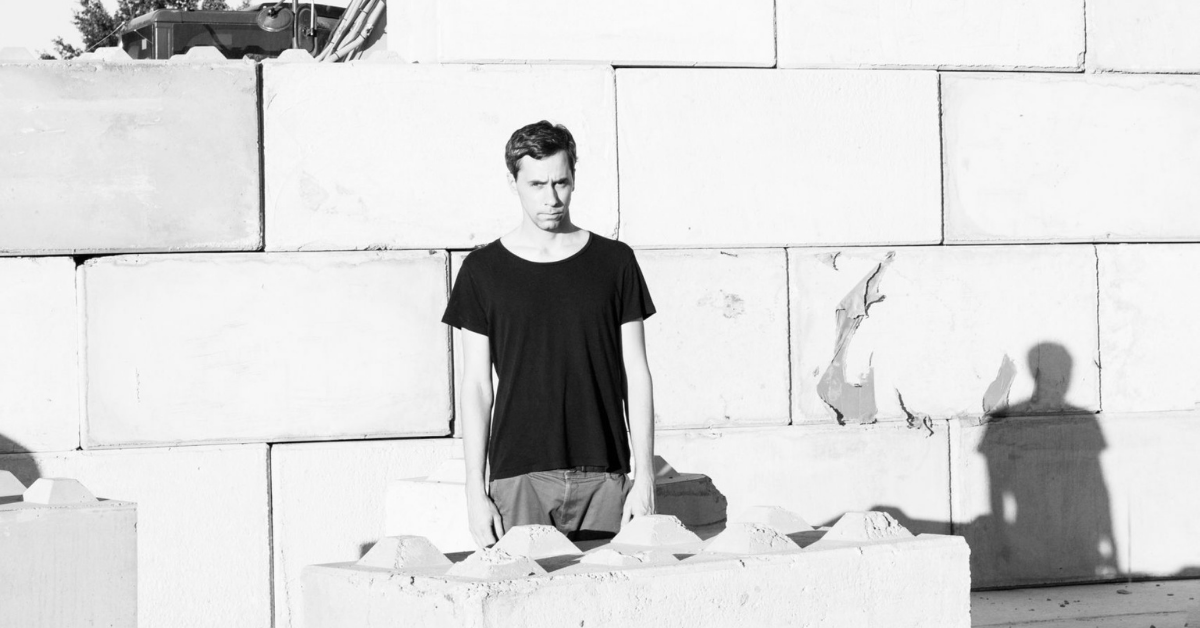Born and raised in Cape Town, DJ Okapi formed an early bond with funky South African grooves of the past. After diving into the genre as a teen he became one of its champions; eventually founding the Afrosynth record store and label, reviving a lost era of South African pop music.
Ambika Samarthya-Howard caught up with DJ Okapi to discuss his journey with South Africa’s forgotten era of music.
How do you define traditional African music?
If you are looking broadly at traditional African music, you are defining it in those words by the region it comes from, it also can come from the diaspora or those influenced by that sound. African music doesn’t really have a geographical location as the word describes influences or history behind it.
Traditional music can only really be understood in comparison to what it is not. Typically traditional music is used to describe something that is somehow less influenced by global trends in relation to modern development. Somehow rooted in the past in some kind of way, whether it’s through the languages or instrumentation or message in the music.
“African pop music and early dance music, electronic music. All music that has come back into fashion now.”
How did you become interested in this type of music?
I was born in Cape Town, I grew up in Cape Town as I am a white middle-class English speaking South African exposed primarily to American music growing up. Over time growing up I became aware of how much music was around me locally in South Africa, but yet somehow looked down upon compared to American music and Western culture. It slowly started me on a journey of discovery…trying to ask questions about why people undervalue, don’t appreciate their own culture, and been taught to believe Western cultures are superior in terms of music.
I…started realising that South African music was pressed on vinyl back in the day in the 80s specifically. I realised there’s a whole wealth of music specifically that was recorded and released, really popular and influential in my country in a certain period of time that has somehow been erased, removed from popular memory over a generation.
“people struggle to hang onto certain parts of our history”
How did you learn about the history of pop music in South Africa?
I started calling upon old musicians producers…interviewing them, and learning about the history of the South African music industry and its role in the struggle against apartheid and the political aspects of it, and the broader social implications of pop music, not protest music, specifically African pop music and early dance music, electronic music. All music that has come back into fashion now. Certainly been influential in the music that people enjoy today, house music, electronic music. The more I got interested in South African pop music, it led me further into it.
What have been your biggest and challenges in starting your blog and store?
The primary one is indifference and general apathy people, especially younger people, and people in South Africa. When I set up my project initially it was just a blog…it was just like a hobby, it wasn’t meant to reach a wide audience because I just assumed this music and its political significance was so tied up in South African history, our context is so unique in many ways, I didn’t think there would be interest beyond South Africa. It became clear there is much more interest and appreciation in this music in this music and pop culture outside of the country than within the country.
People not necessarily wanting to celebrate history in a country like South Africa. Our histories are fraught with violence and death and subjugation and racism, in my opinion, people struggle to hang onto certain parts of our history. That makes sense. Who am I to say how people should look at their history. I [am] someone who was born nearly at the end of apartheid, but certainly, as a white South African I continue to enjoy the privileges and benefits of it. So however people in South Africa choose to deal with history it’s their choice. People, especially when it comes to music, people focus about now or what comes in the future.
You can listen to DJ Okapi’s weekly show live on A11 Radio, or catch up on MixCloud.
This interview has been edited for clarity and brevity.
Photography by Anastasia Muna

